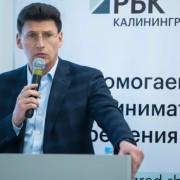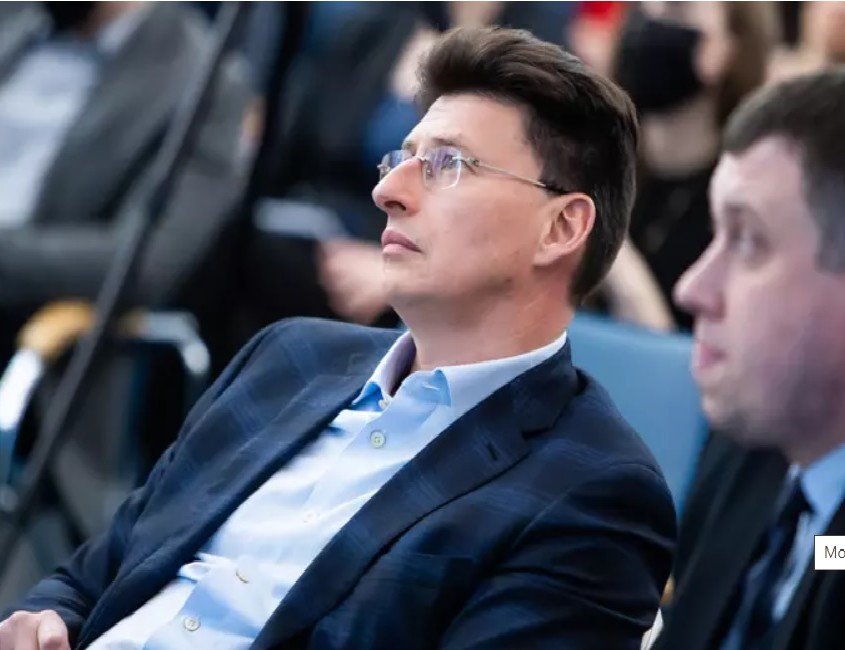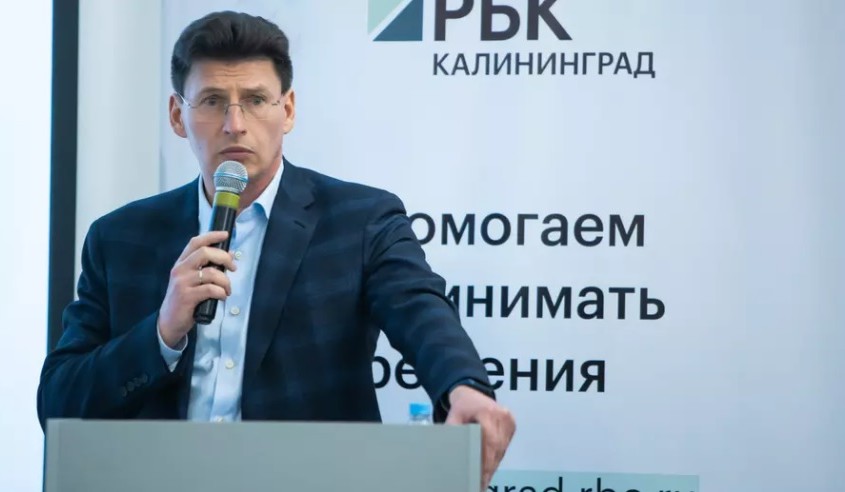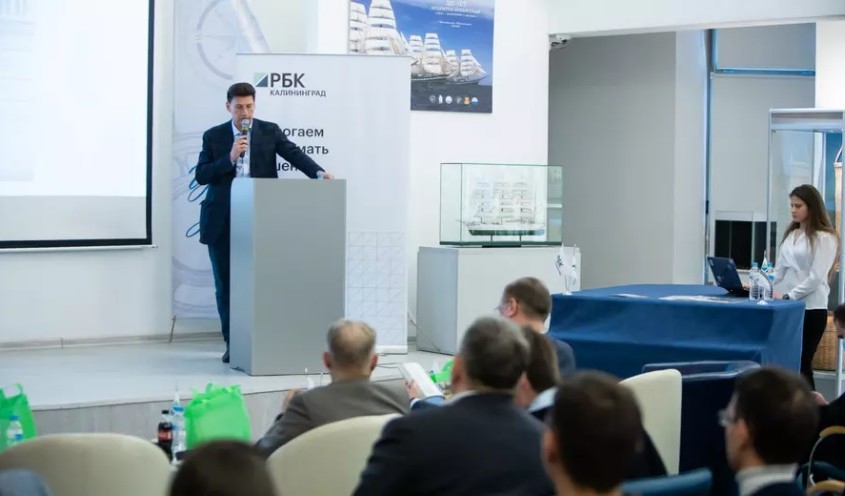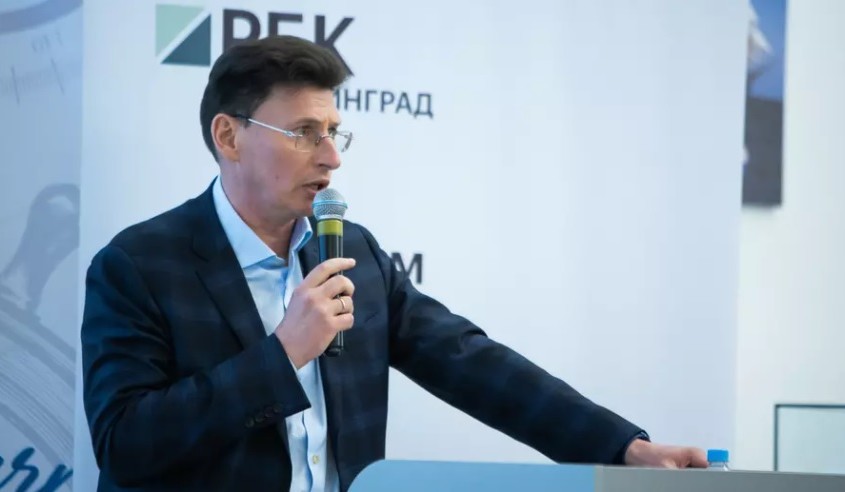Fashion for “nemoloko” and selling at a loss: an interview with the head of “Zalessky milk”
Andrey Romanov, the head of the Zalessky Milk Group of Companies, told about modern approaches to doing business, price restraint and the fashion for refusing milk.
— At the round table organized by the Royal Gate magazine, at the end of last year, you said that the marginality of sales of dairy products in the outgoing year has decreased significantly and some positions have to be sold at a loss. Has the situation changed?
– It has changed, the marginality has decreased even more. There are a number of positions that we are currently selling at a loss. In general, the marginality of both dairy farming and dairy processing continues to decline. The trends that developed at the end of 2020 have worsened in 2021. We continue to record an increase in the cost of high-protein feeds: soy meal, rapeseed meal, beet pulp. The cost of mineral fertilizers and packaging is growing. We are holding on with the last of our strength and are trying not to radically change the cost of our products yet. I want to emphasize that this is determined not by the cost of the product, but by the real solvency of the population. We produce social products, and this indicator directly affects our sales opportunities. The current state of affairs encourages us to look for new products, new markets. At the same time, it is impossible to work with such a falling marginality for a very long time, so we expect that the situation will somehow stabilize during 2021. Now a certain hope is inspired by the decline in the exchange rate, because there is still a fairly large currency component in the cost of our products.
– Digital labeling of dairy products began in Russia on January 20. From June 1, it gradually becomes mandatory. Does this label already appear on your products? How did this affect the price for the final consumer?
– Since June 1, labeling is mandatory for products such as cheeses and ice cream. “Mozzarella” and processed cheese, which we produce, are already labeled. We have invested and are acting within the new rules of the game. This did not affect the price of finished products, but we already bear these costs today.
— In your opinion, will these measures really help to defeat falsification? Have you ever encountered falsification of your products?
— The dairy industry has got into a very interesting situation. We have two product tracking systems working almost in parallel. The Mercury system, which was implemented by the efforts of the Rosselkhoznadzor and the Ministry of Agriculture of the Russian Federation, has already shown its effectiveness. The mandatory labeling system is a parallel system that controls only finished products. Before the introduction of Mercury, we had a problem with falsification. When, under the guise of dairy products, they tried to sell products using milk fat substitutes. “Mercury” has successfully worked out the problem. The task of labeling is the fight against counterfeit goods. When someone else produces products under the name of a well-known brand. This problem is irrelevant for the region. Maybe it is relevant in the country as a whole. Let’s see, within a year and a half it will be clear whether this has given something to the market and the consumer in terms of increasing transparency and quality.
— How many products of “Zalessky milk” are currently supplied outside the Kaliningrad market? How promising do you think this direction is for yourself?
— We are slowly growing. If in 2020 we had 8-9%, now it is 12-13%. The share of products will increase. The additional volume that appeared last year is primarily intended for foreign markets, because the Kaliningrad region is provided with milk. Of course, maybe we will introduce some new product lines, this is also being discussed, but this is not a prospect for 2021.
— What types of your products do you consider to be a priority?
— Here the consumer determines. We consider it a priority that the consumer buys more. Of course, the lion’s share of our line is still occupied by milk in different types of packaging. This is more than 50% of the total sales volume, our main locomotive, but there is a minimum marginality. For example, long-term sterilized milk is sold at a loss — this is how the market has developed.
— Are you planning to open a chain of your own stores?
– no. We discussed this ten years ago, when we started to engage in milk processing. We periodically discuss when we sum up the results of the year and make plans for the next one. After all, the consumer in the store should see the assortment. Making a store only with dairy products is pointless, and making a supermarket is a separate type of business that professionals should be engaged in. Today, the competition in the retail market is very high.
– Often local small cheese factories complain about the quality of raw materials. How do you rate it?
— This topic is separate, we were also very closely engaged in it at the time. They even planned to build a milk processing plant, but so far they have left this idea. Here the question is primarily about a serious technologist and building a technological process. Of course, some specific raw materials are required for cheeses. For example, we are ready to do this. Today, several small enterprises buy raw materials for cheeses. If someone has specific wishes and criteria specifying what indicators they need in milk, we are ready to work in this direction. These are issues of certain feeding diets and certain genetics. Now, using genetics, it is possible to form a herd in which there will be more raw milk.
— How do you feel about the growing interest in vegetable milk and the rejection of cow’s milk? Can vegetable products compete with traditional dairy products in Russia?
— It seems to me that sometimes people are led to openly advertising things. A person surrounded himself with domestic animals at the dawn of his life, and the cow was always there, she was one of the nurses. Why it suddenly became fashionable to refuse milk, I don’t really understand. Secondly — we do not feel that the demand for milk and dairy products is steadily falling. The trend for the appearance of dairy products not from milk is not so massive yet. Although the growth rates are quite high, they are high relative to the minimum base, which was, say, five years ago. Probably, in the future, these consumers will have some market share, but we do not see this yet.
— What areas do you plan to develop?
— First of all, this is a new project with our Moscow partners, the VMI company. The project is related to the production of exchange-traded goods, these are not B2C, but B2B goods, for further processing. It is planned to produce skimmed milk powder, whole milk powder, butter. This is a product that will go either to the rest of Russia or for export.
— Is the development of exports being considered?
— We are working with this constantly. We have products without preservatives, with a short shelf life. Here, the limiting factor for us is logistics. At one time, we were working on the market of Southeast Asia, China, but we are not yet able to enter there. Now we are discussing some reconstruction, the purchase of new equipment, which, due to new technologies and higher sanitary requirements, allows us to slightly increase the life of products without the use of preservatives. After that, we will receive new products, with which we will make another attempt to enter new markets.
— You are one of the mentors of the new season of the Business Battle startup competition, organized by the Western Press media Group. Why do you, an already successful entrepreneur, need this project?
— The very word “entrepreneurship” was born from “undertake”. You need to look ahead, learn new things that are not always related to your type of activity. For me, participation in the” Business Battle ” is primarily an acquaintance with the trends that exist in the youth environment in terms of entrepreneurship. I will not hide it, I told my team members this: despite the high rank of mentors, we ourselves learn, communicate, learn something new. This is probably the general philosophy of the project.
— As part of the previous stage of the “Business Battle”, you and another mentor, Evgeny Morozov, supported the participants who did not go further. What interested you in their projects?
— We have said that we are ready to provide certain, including financial, support for the implementation of these projects. They are, of course, relatively small, but interesting. I do not know how much they will shoot and will be economically profitable, but we will make such attempts.
The general partners of the Business Battle project are the government of the Kaliningrad Region, VTB Bank and the Institute of Business and Business Administration (IBDA) of the RANEPA.
Project partners: My Business Center, Kaliningrad Chamber of Commerce and Industry.
Organizer: media group “Western Press”
Partner material

